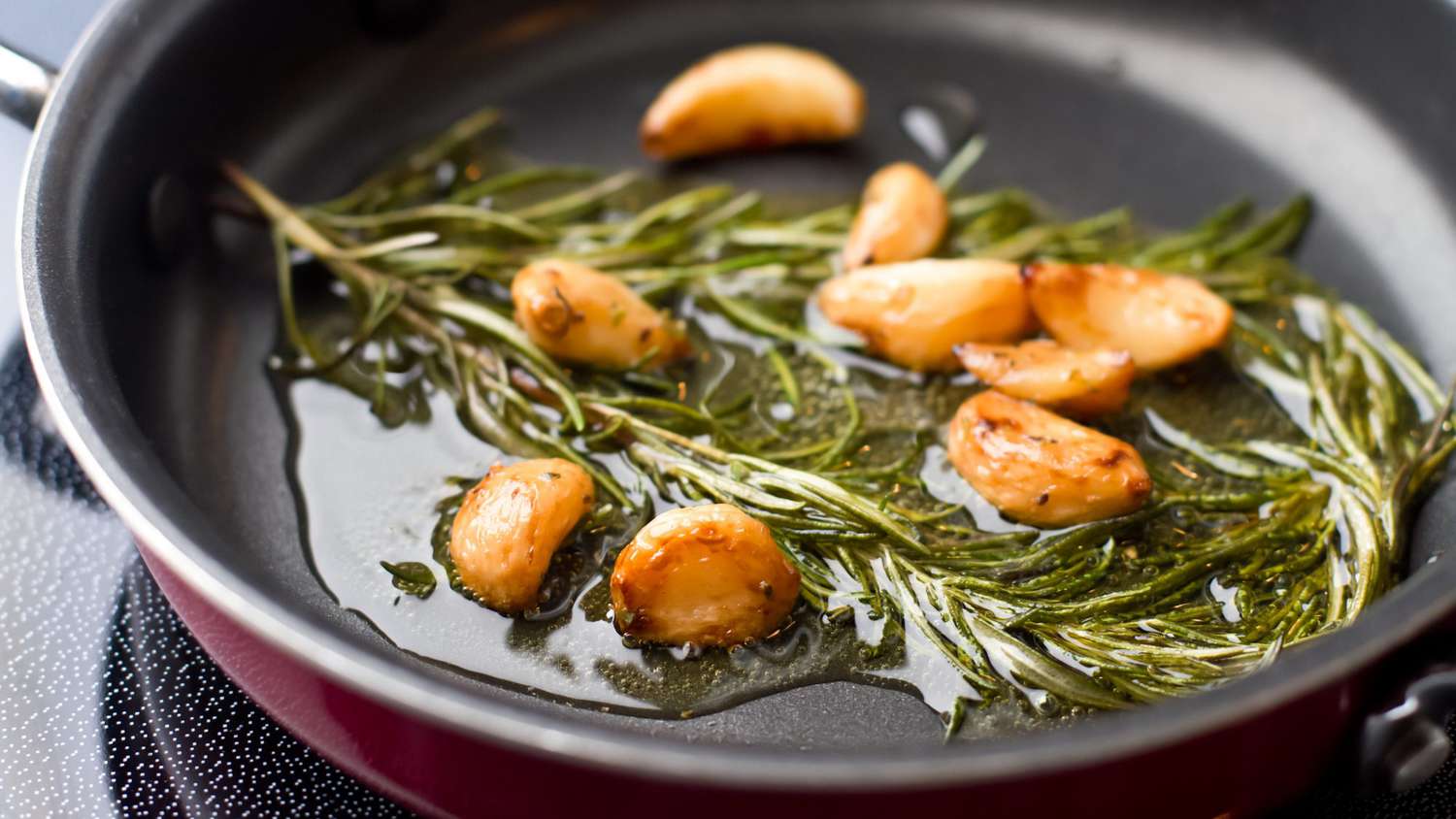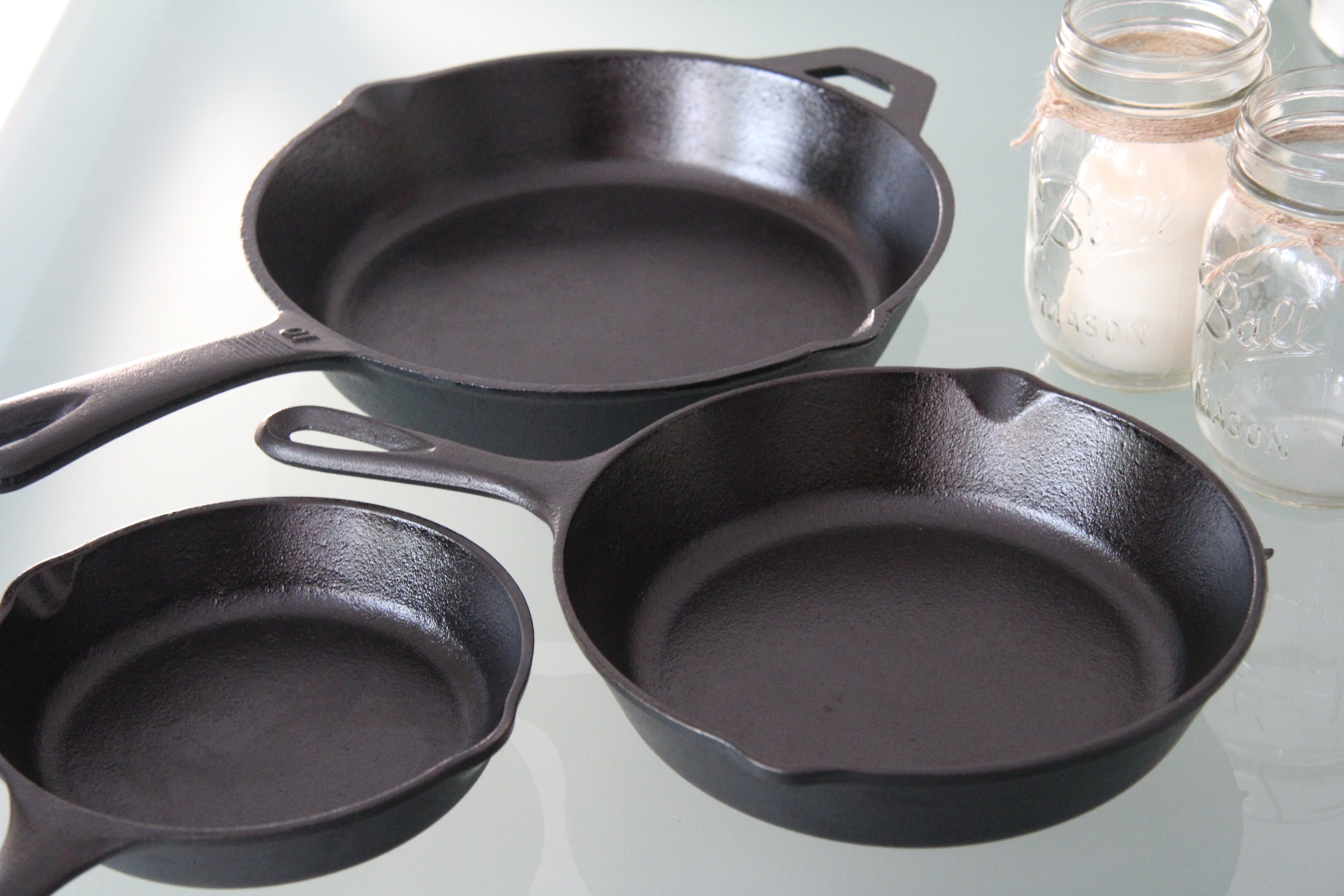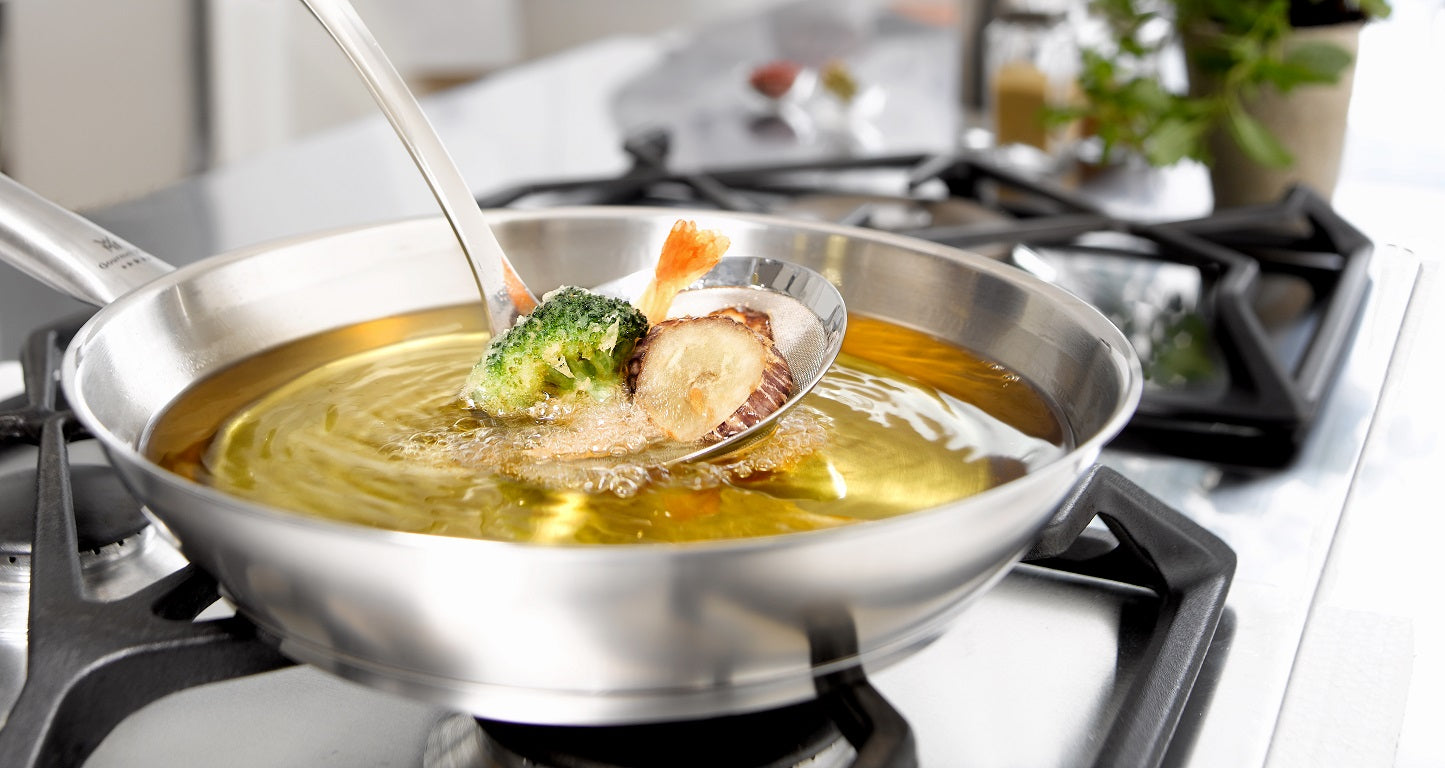When it comes to choosing the healthiest cooking oil for your kitchen, olive oil often tops the list. However, with so many options available, it can be quite challenging to determine which olive oil is the healthiest. In this comprehensive guide, we'll delve into the different types of olive oil, their health benefits, and provide you with insights to help you make an informed choice.

Understanding Olive Oil Varieties
Olive oil comes in several grades, each offering varying levels of quality, flavor, and health benefits. The most commonly available types include:
Extra Virgin Olive Oil (EVOO)
Often considered the gold standard of olive oils, Extra Virgin Olive Oil is produced through cold-pressing olives and does not undergo any chemical processing. This type of olive oil retains the highest levels of antioxidants, vitamins, and minerals, making it the healthiest option available. EVOO's rich, robust taste, along with its low acidity levels, make it ideal for salads, dressings, and dipping.
Virgin Olive Oil
Virgin olive oil is also cold-pressed but has slightly higher acidity levels compared to EVOO. While still a healthy option, the antioxidant levels in virgin olive oil are lower. It's suitable for light cooking and sauting.
Pure Olive Oil
Pure olive oil is a blend of cold-pressed and processed oils. It has a milder flavor and a higher smoke point, making it a suitable option for frying and high-heat cooking. However, the processing steps lead to a reduced antioxidant content and fewer health benefits compared to extra virgin and virgin olive oils.

Health Benefits of Olive Oil
Olive oil is widely known for its potential health benefits. These benefits are primarily due to its rich content of monounsaturated fats and antioxidants. Here are some of the top health benefits associated with olive oil:
Heart Health
Olive oil is rich in monounsaturated fats, which have been shown to reduce bad cholesterol levels (LDL) and increase good cholesterol levels (HDL). This helps in lowering the risk of heart disease and stroke.
Anti-Inflammatory Properties
Olive oil contains oleocanthal, a compound with strong anti-inflammatory properties. Regular consumption can help reduce inflammation and lower the risk of chronic diseases such as arthritis.
Antioxidant Power
The polyphenols found in extra virgin and virgin olive oil act as powerful antioxidants, protecting your body from free radicals and oxidative stress, which can contribute to aging and various chronic diseases.

How to Choose the Healthiest Olive Oil
When choosing the healthiest olive oil, here are some tips to keep in mind:
Check the Label
Look for labels that specify Extra Virgin and ensure that the oil is cold-pressed. These indicators suggest that the oil is minimally processed and retains the maximum amount of nutrients.
Consider the Harvest Date
Olive oil is best consumed fresh. Check the harvest date on the label to ensure you're getting the freshest product available. Fresh olive oil will have a robust flavor and higher nutrient content.
Pay Attention to Packaging
Choose olive oil that comes in dark glass bottles or tins. This type of packaging protects the oil from light and air exposure, which can degrade its quality and nutritional value over time.
Frequently Asked Questions
Q: What is the difference between Extra Virgin Olive Oil and Virgin Olive Oil?
A: Extra virgin olive oil is made from the first pressing of olives and is free of any defects or refining processes. Virgin olive oil undergoes similar pressing methods but may have a higher acidity level and minor taste defects.
Q: Can I use Extra Virgin Olive Oil for cooking?
A: While extra virgin olive oil is best enjoyed fresh in salads and dressings, it can be used for low to medium-heat cooking. For high-heat cooking, consider using pure olive oil or virgin olive oil.
Q: How should I store my olive oil to keep it fresh?
A: Store olive oil in a cool, dark place away from light and heat. Keeping it in a tightly sealed dark glass bottle or tin will help maintain its freshness and nutritional value.
For more information on the health benefits of olive oil, you can visit WebMD's article on the health benefits of olive oil.
As an Amazon Associate, I earn from qualifying purchases.






Leave a comment
This site is protected by hCaptcha and the hCaptcha Privacy Policy and Terms of Service apply.